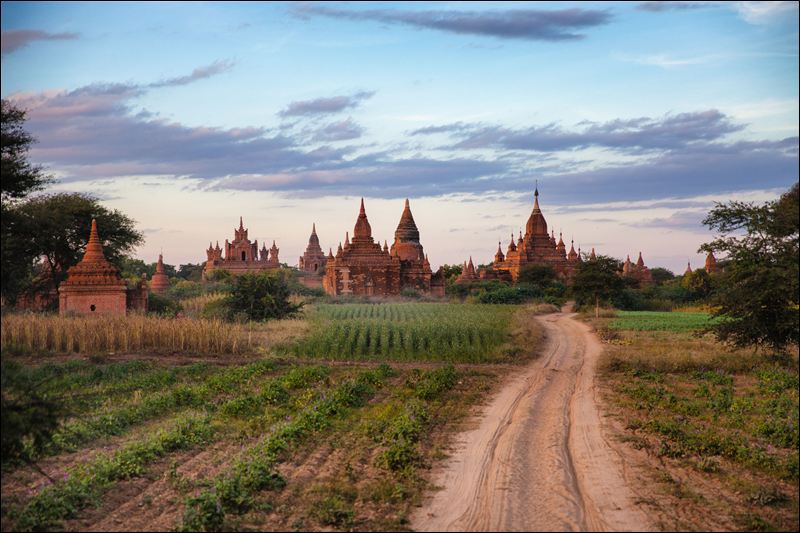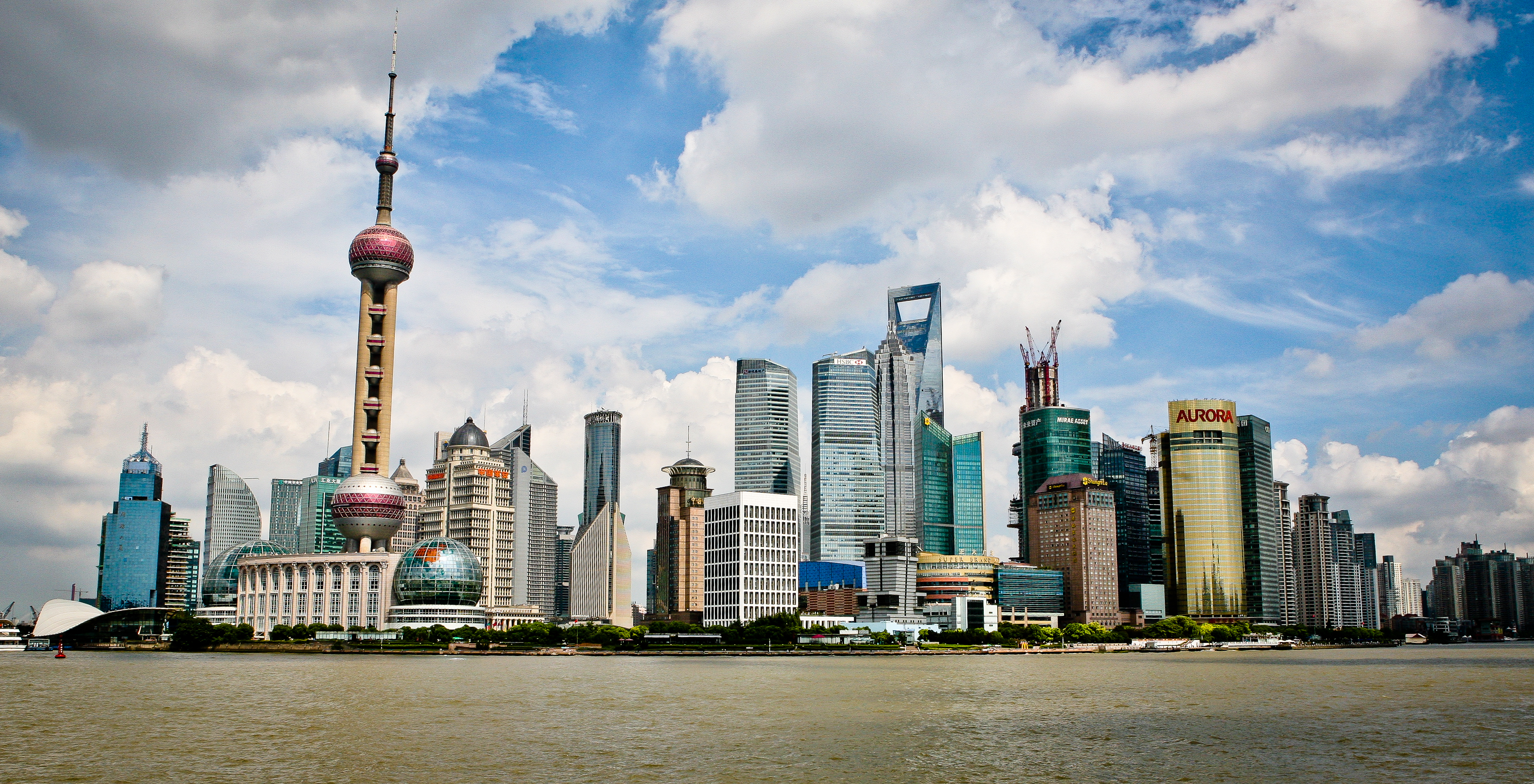As a place that has long been held beneath the strict control of a military junta and closed off from the prying eyes of outsiders, Myanmar has recently initiated a process of dramatic democratic reform that has drawn the attention and even surprised many international observers. Since president U Thein Sein assumed leadership in March 2012, at least 651 prisoners have been granted amnesty and released from jail, most of whom were either part of the brutally suppressed student protests in 1988, the internal governmental purge in 2004, or monks and other anti-government protesters from the 2007 “Saffron Revolution”. In addition to the release of these political prisoners, the state government has begun to allow participation from opposition political parties. The most notable of these figures has been Nobel Peace prize laureate and chairman of the National League for Democracy (NLD) Aung San Suu Kyi, who was released after almost 15 years of detention, and who has drawn many comparisons to South Africa’s Nelson Mandela.
[captionpix align=”left” theme=”elegant” width=”300″ imgsrc=”http://www.toledoblade.com/image/2013/01/15/800x600_b1_cCM/Travel-Trip-Myanmar.jpg” captiontext=” “]
But what is driving this rapid change in Myanmar and what will be the lasting consequences? For the first time since the military seized power in a 1962 coup, many people in Myanmar, a country also often referred to as Burma, are getting their first taste of freedom and democracy. As well, for the first time the government is allowing an increase in competition over the country’s rich wealth of natural resources from Western multinational corporations. Myanmar, which was once heavily isolated for many decades, has suddenly become a diplomatic destination of choice.
Following the release of the hundreds of political prisoners, and other accompanying democratic reforms, numerous countries have lifted their long-standing sanctions, while diplomats have been lining up to make official visits to the major city of Yangon, or to the newly created capital of Naypyitaw. Thus far, US President Barack Obama and US Secretary of State Hilary Clinton have made the trip; as well as British foreign secretary William Hague; French foreign minister Alain Juppé; and Canadian Foreign Affairs Minister John Baird, who also acknowledged that Canada would soon open its first embassy in Myanmar.
The importance of Myanmar’s assuming a larger role on the international stage could have significant implications for not only the Southeast Asian region, but globally as well. Situated between China, India, and Thailand, with hundreds of kilometers of open access to both the Bay of Bengal and the Andaman Sea, geographically Myanmar occupies a strategic position. In addition, if the Burmese are able to attract more foreign direct investment from the West, through their new open market strategy and their membership in the Association of Southeast Asian Nations (ASEAN), they will be able to effectively alleviate their current dependencies on China.
But has the government acted too quickly and too soon? What potential security risks may emerge during this sudden move towards democratization? Will the relaxing of authoritarian governance unleash a similar violence and ethnic hatred experienced in the former Yugoslavia? Will the massively improved access to information, provided by the internet and social media, be used as a tool for organizing peaceful political demonstration or as a platform from which to spread hate speech, as was the case with media such as Radio Rwanda during the 1994 genocide?
[captionpix align=”left” theme=”elegant” width=”300″ imgsrc=”http://natoassociation.ca/wp-content/uploads/2014/08/3317162887_5bef39614c_z.jpg” captiontext=” “]
In a country such as Myanmar, which has been plagued by ethnic tensions since its independence from the United Kingdom in 1948, any progress that has been made by democratic reform can just as easily be undone by a descent into civil conflict or sectarian violence. The Burmans are by far the largest ethnic group in the country; however other ethnic minorities make up roughly one-third of Myanmar’s population of over 60 million. Perhaps as a result of the government’s recent attempts to limit the use of force, there have been several violent clashes between the state army and independence groups, with the main point of contention divided along the majority Buddhists and minority Muslim groups. While it should be highlighted that there has been positive progress made with ceasefire agreements, the situation remains fragile.
Moving forward, caution must to be given to these kinds of issues. The desire to penetrate into new market opportunities must not come at the expense of ignoring human rights violations or rule of law abuses. It is not only the responsibility of the people of Myanmar and their government to foster peace and stability, but that of their regional partners and the greater international community.




